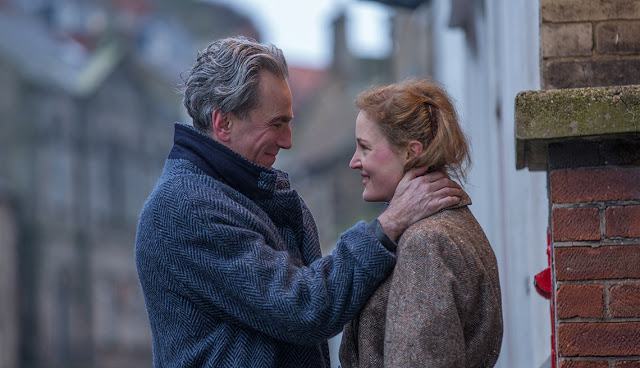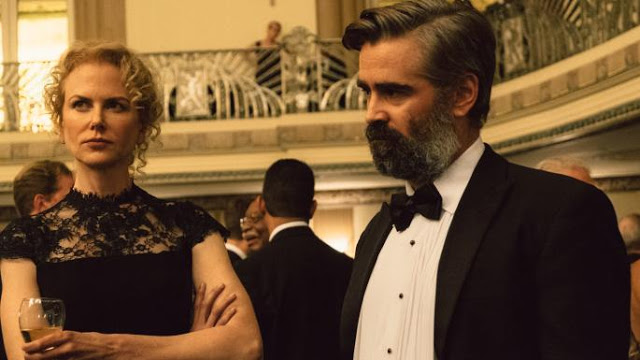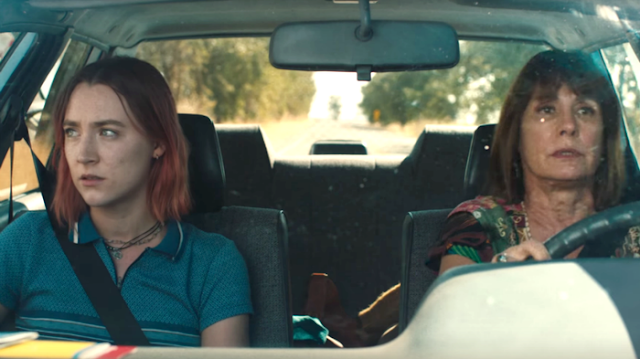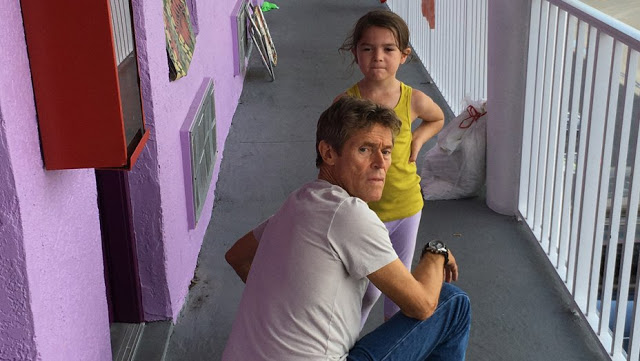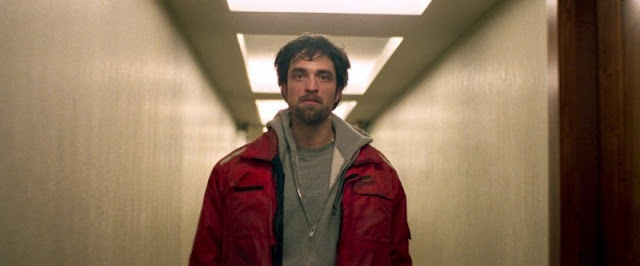The 10 Best Movies of 2017
As the world burns, the movies remain unfazed. Or maybe they remain properly fazed; many filmmakers, recognizing the eternal topicality of their art form, have cannily shifted their priorities to speak to today’s troubled times. That cinema can serve as a sounding board for social anxiety is nothing new, but in 2017, the reflective surface that is the movie screen bounced back particularly acute images of our reality, even if it also functioned as a temporary escape from it. Yet as I survey my favorite films of the past year, what strikes me is not consistency but variety. Movies can exist in a thrilling multiplicity of forms, and this year’s best—epic war films, slender family dramas, chilling domestic horror, a whopping three sequels—demonstrated the enduring versatility of the medium. As every day seems to bring with it new horrors, it’s no minor comfort to remember that artists will continue to tell their stories on the big screen, wielding their imagination and technique to create a sort of compass, a celestial roadmap that lights the way to our better selves.
Here are my 10 favorite movies of 2017:
(Honorable mention: Get Out; The Girl with All the Gifts; I, Tonya; It Comes at Night; Logan; Princess Cyd; Star Wars: Episode VIII—The Last Jedi; Three Billboards Outside Ebbing, Missouri; The Villainess.) Read More

